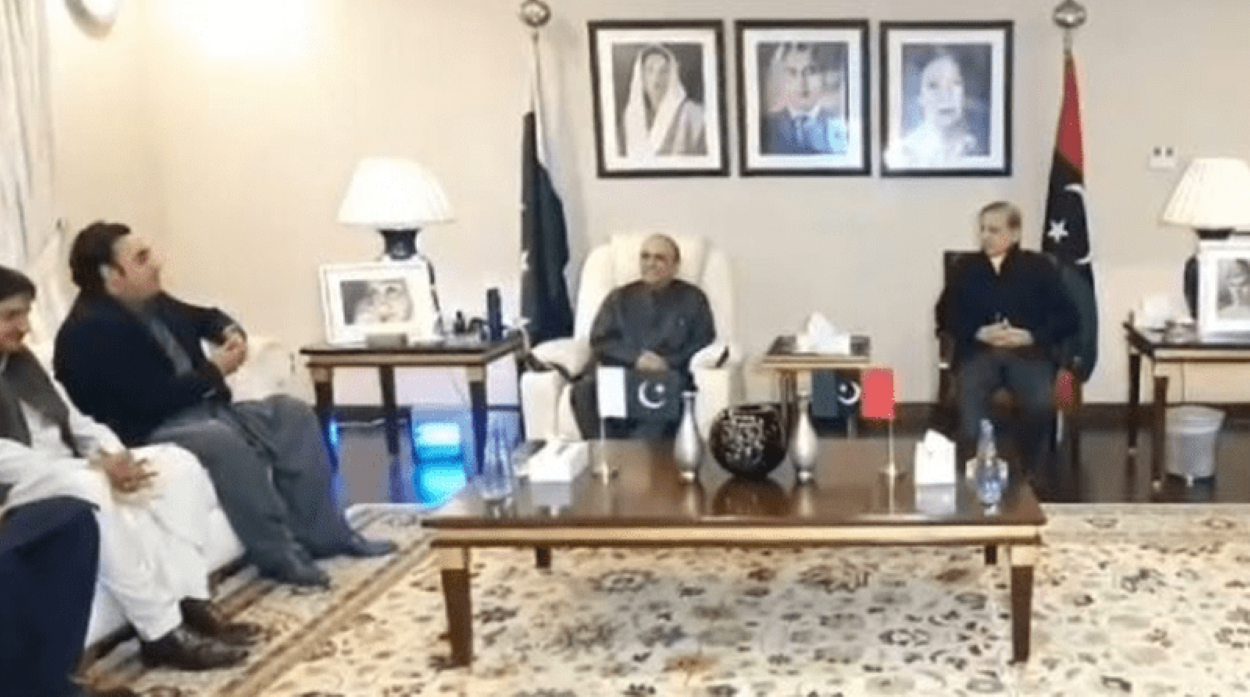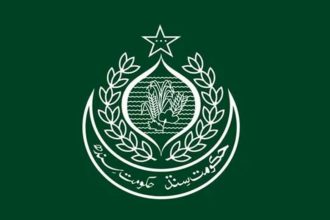Following the inconclusive results of the February 8th vote, where no political party achieved a simple majority, the PML-N and PPP have initiated formal discussions for government formation at the Centre, leveraging alliances. This strategic move signifies a crucial phase in Pakistan’s political landscape, with both parties engaging in consultations to secure a coalition government.
Consultation and Coalition Building
Amidst intensified political manoeuvres, PML-N President Shehbaz Sharif has proactively contacted key allies. His dialogue with JUI-F leader Maulana Fazlur Rehman and subsequent meetings with MQM and PML-Q underscore a concerted effort to rally support for forming a federal government. These discussions occur against the competitive backdrop of PTI-backed independents leading in National Assembly seats, challenging the traditional powerhouses of PML-N and PPP, holding 75 and 54 seats, respectively.
A pivotal meeting at Bilawal House between Shehbaz Sharif and the PPP leadership, including Asif Ali Zardari and Bilawal Bhutto-Zardari, highlighted the collaborative intent between the two parties. Though details were sparse, a joint declaration described the meeting as ‘constructive’, focusing on Pakistan’s stability and progress. The PML-N’s proposition to maintain the prime ministerial position in exchange for offering the PPP significant roles, such as the presidency and chairmanships of the National Assembly and Senate, indicates a strategic exchange aimed at coalition stability.
Uniting for National Progress
The dialogue between PML-N and PPP reflects a mutual understanding of the critical need for political stability and a shared commitment to national prosperity. The meetings, characterized by a spirit of consensus and cooperation, signal a readiness to transcend political rivalries for the country’s well-being. By affirming the nation’s interest, both parties have shown a willingness to forge a path towards overcoming political instability and fostering economic resilience.
Furthermore, engagements with key diplomatic figures and inter-party dialogues underscore the urgency of forming a stable government capable of addressing Pakistan’s challenges.






